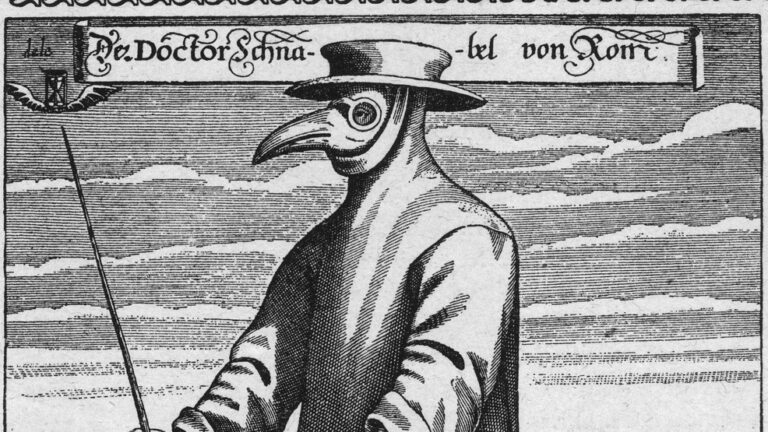BEND, Ore. (KATU) — Officials in Deschutes County, Oregon, confirmed Wednesday that a local central Oregon resident has contracted the plague, saying the person likely contracted the disease from a symptomatic pet cat.
The plague is best known as the “Black Death” or “Black Death” for the devastation it caused throughout medieval Europe, spreading through fleas-infected rats.
All close contacts of residents and their pets have been contacted and provided medication to prevent the disease,” said Deschutes County Health Officer Dr. Richard Fawcett.
Officials say plague symptoms usually appear in humans two to eight days after exposure to infected animals or fleas.
Symptoms may include a sudden onset of fever, nausea, weakness, chills, muscle pain, or visible swelling of the lymph nodes called buboes.
The last reported case in Oregon occurred in 2015. Plague is spread to people and animals through the bites of infected fleas or through contact with sick animals.
Squirrels and chipmunks are the most common animals that transmit plague in Central Oregon, but rats and other rodents can also transmit the disease, officials said.
Deschutes County Health Services offers the following tips to prevent the spread of plague.
- Avoid contact with rodents and their fleas. Never touch sick, injured, or dead rodents.
- Keep your pet on a leash when outdoors and protect your pet with flea control products. Do not allow your pet to approach sick or dead rodents or explore rodent burrows.
- Pet cats are highly susceptible to plague, and infected cats can transmit the bacteria to humans. If possible, discourage rodent hunting. If your cat becomes ill after coming into contact with a rodent, contact your veterinarian immediately.
- Residents should keep wild rodents away from their homes and remove food, wood piles, and other rodent-attracting materials around their homes and vacation homes.
- Do not camp, sleep, or rest near animal burrows or areas where dead rodents are observed.
- Do not feed squirrels, chipmunks, or other wild rodents at campgrounds or picnic areas. Store food and trash in rat-proof containers.
- Wear long pants tucked into boots to reduce flea infestation. Apply insect repellent to the bottom of your socks and pants to reduce flea infestation.


